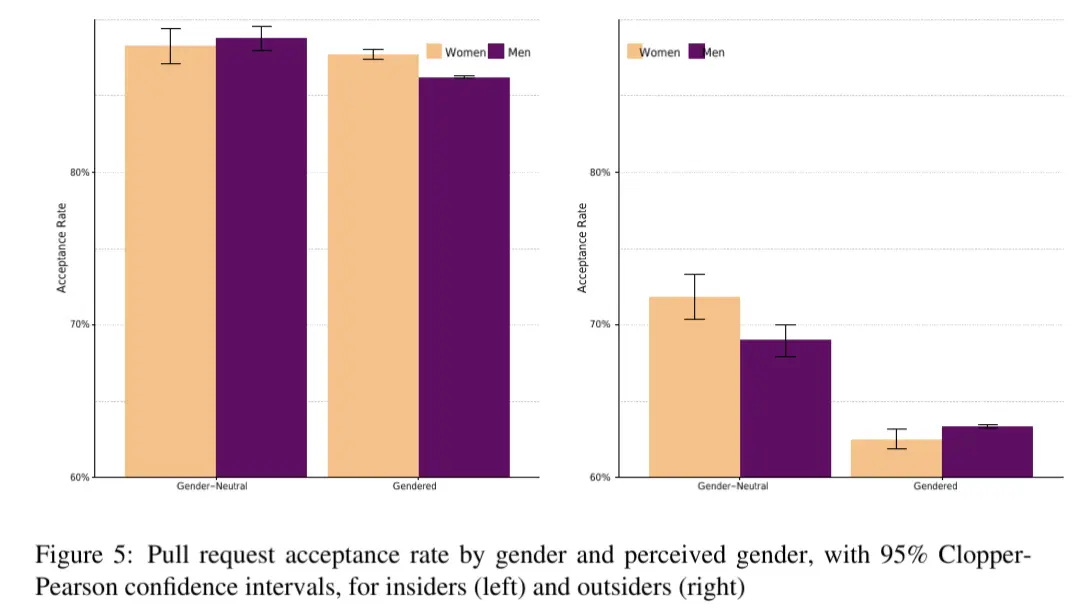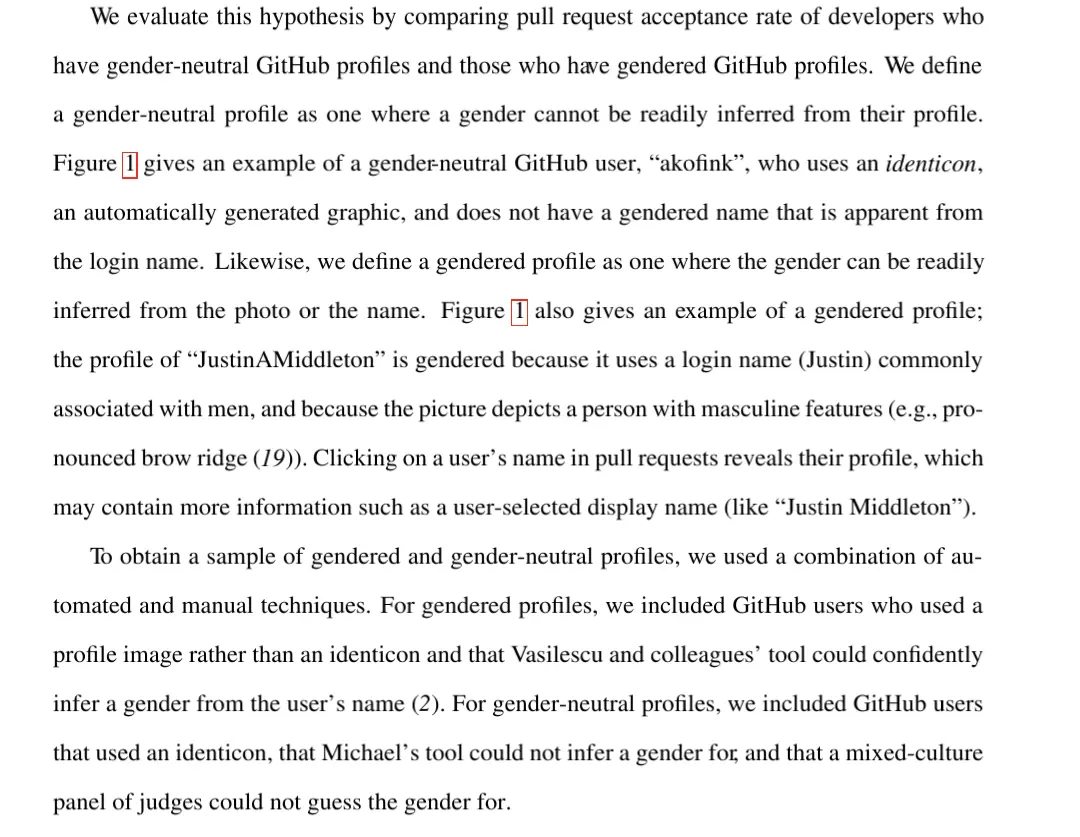Is there a credible source for the costs of hosting? Wikipedia is listing similar ad revenues as you did but no info on the costs. YouTube has 2.7 billion users that watch in average around 11 hours of videos a month. If 2 billion USD/y would be sufficient to host all that that’d be just 0,74 USD/user*year or 0,06 USD per month. That sounds really cheap considering that you have to pay for storage, traffic, backups and redundancies (at least I never heard of significant outages or data loss on YT).
Does anyone have a credible source on the number of employees YouTube has? If you search for that you fine vastly different number from just 2k to 189k employees.












Always appreciate any work spent on any FOSS stuff out there but currently I’m a bit afraid that Gecko disappears into unimportance. So I’d prefer more contributions towards that one project rather than opening new ones.
The issue with browser engines is that it always requires work from two directions. The browser engine must be optimized to render websites as good as possible. And websites must be optimized to be rendered by all the different browser engines.
And (almost) no one is willing to do the latter for engines with a <1% market share. Already now, more and more commercial and non-commercial websites are only working properly with Chrome or its derivates.